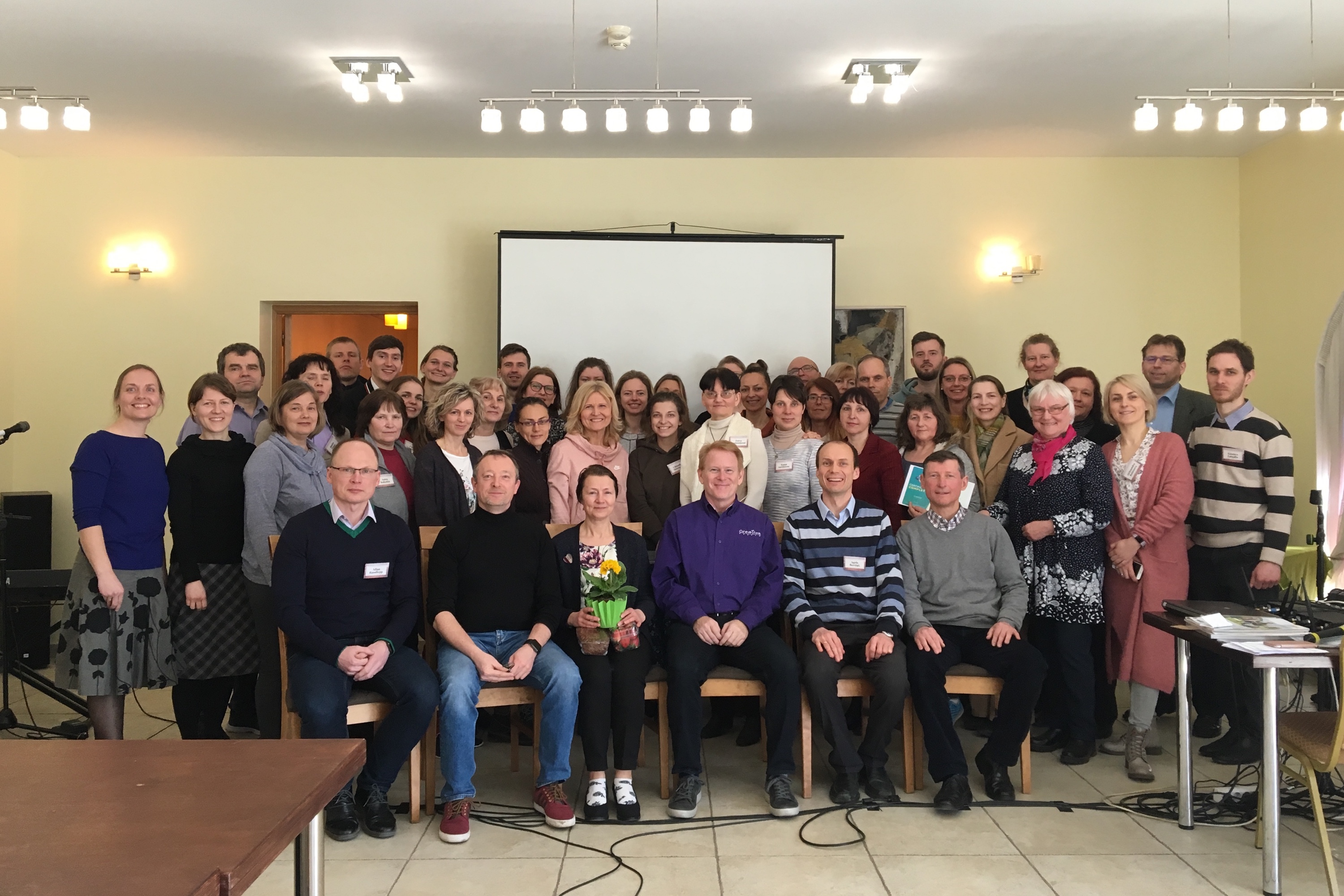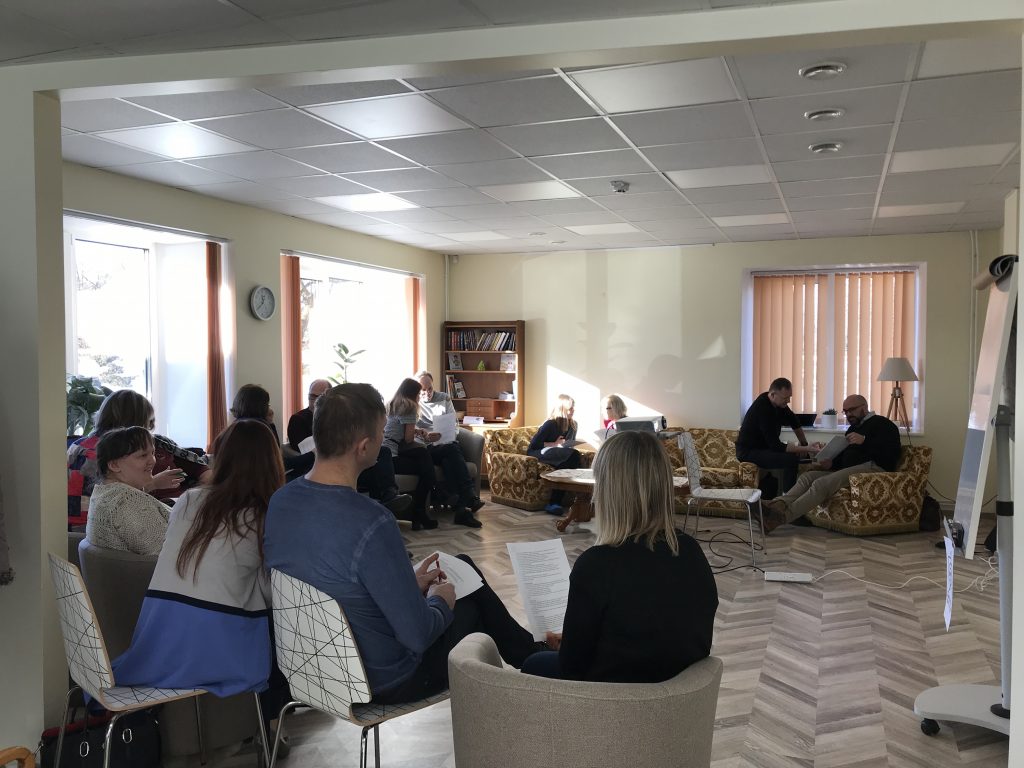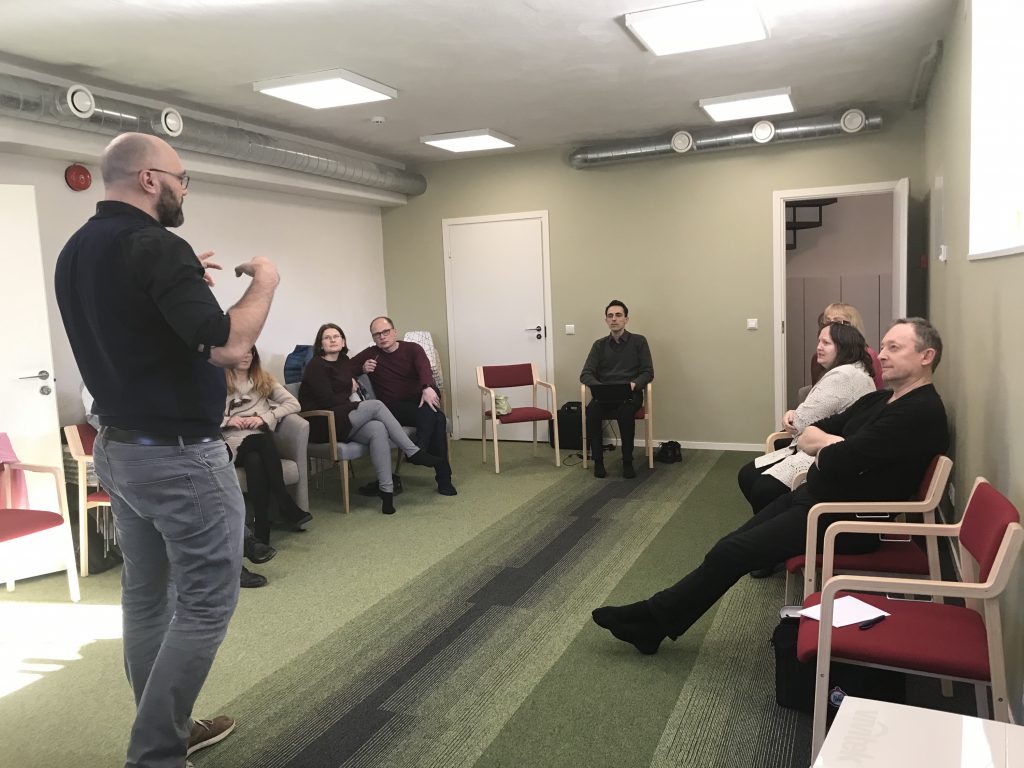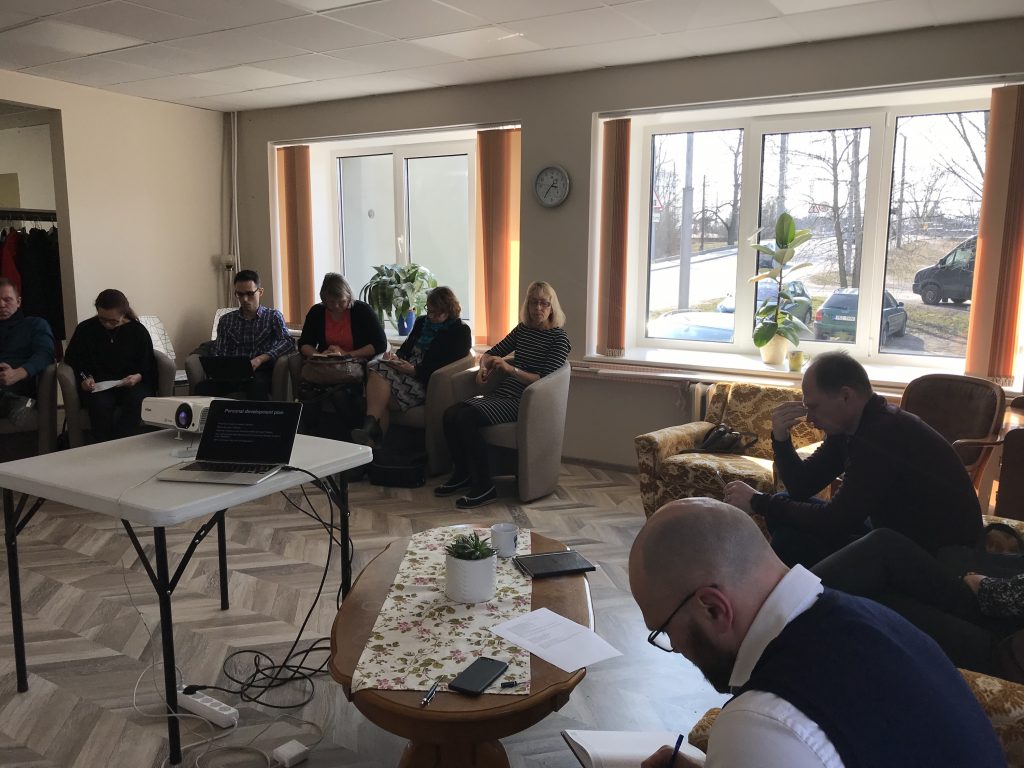Coaching for Spiritual Growth
We live in the information age – all the answers to our questions seems to be just one click away, and it can happen that if parents do not know the answer to a child’s question then Google does. In such a time of history, the art of asking good questions becomes more important than ever before. When people are “bombarded” with a constant flow of information, they tend to grasp just some points of something, and “digging deeper” becomes increasingly difficult. Good questions, rightly asked seem to have the ability to stop us in our everyday hustle and bustle, and make us think deeply about some important issues of life.
Coaching is mainly about listening and asking questions, helping to make a plan for one’s life, and supporting its implementation. Coaching for spiritual growth means asking questions (not lecturing) about one’s religious and spiritual life and its advancement. It is God’s plan that we grow spiritually. Paul wrote to the Ephesians: “but, speaking the truth in love, may grow up in all things into Him who is the head—Christ” (Ephesians 4:15), and Peter claimed: “but grow in the grace and knowledge of our Lord and Savior Jesus Christ” (2 Peter 3:18). A coach can help a person to see the reality of their situation, and set relevant goals for growth and maturity.
Therefore in January 2019, the BAUC departmental leaders M. Pikunas and A. Nõmmik advertised a coaching course Coaching for Spiritual Growth. The Estonian conference was interested in such a course, and although first the course was meant for the pastors’ spouses, later other church members joined in as well. The course lasted from January to April. The meetings were once a month, and in addition to that, the participants practiced coaching with each other between the meetings.
The participants appreciated the opportunity. They found that the course was inspiring, developing, and useful. According to their feedback, they learned to support others in their growth by asking questions, listening and leading the conversation. They had also some plans how to use the knowledge and skills they had acquired, in God’s work.
When half of the course was completed, one of the participants said that it would be good for the deacons and deaconesses to have such skills. Deaconesses used to, in times past, to write down sermons and then visit church members on their care to share the message or if that was not possible, to send letters with sermons to church members, who could not come to church. Nowadays, the development of technology has made it possible to follow a sermon without leaving your home, and very often people find the answers for their spiritual on the Internet.
Maybe it is time to rethink the responsibilities of deacons and deaconesses. People still need somebody they could talk to about spiritual matters; somebody who is non-judgmental, whom they can trust, who knows how to ask good questions, and helps to set realistic and challenging goals for faith development. Therefore, I believe that such a course could be useful in many churches. It would keep us humble, create stronger ties between members, and can make us united in God’s work.



